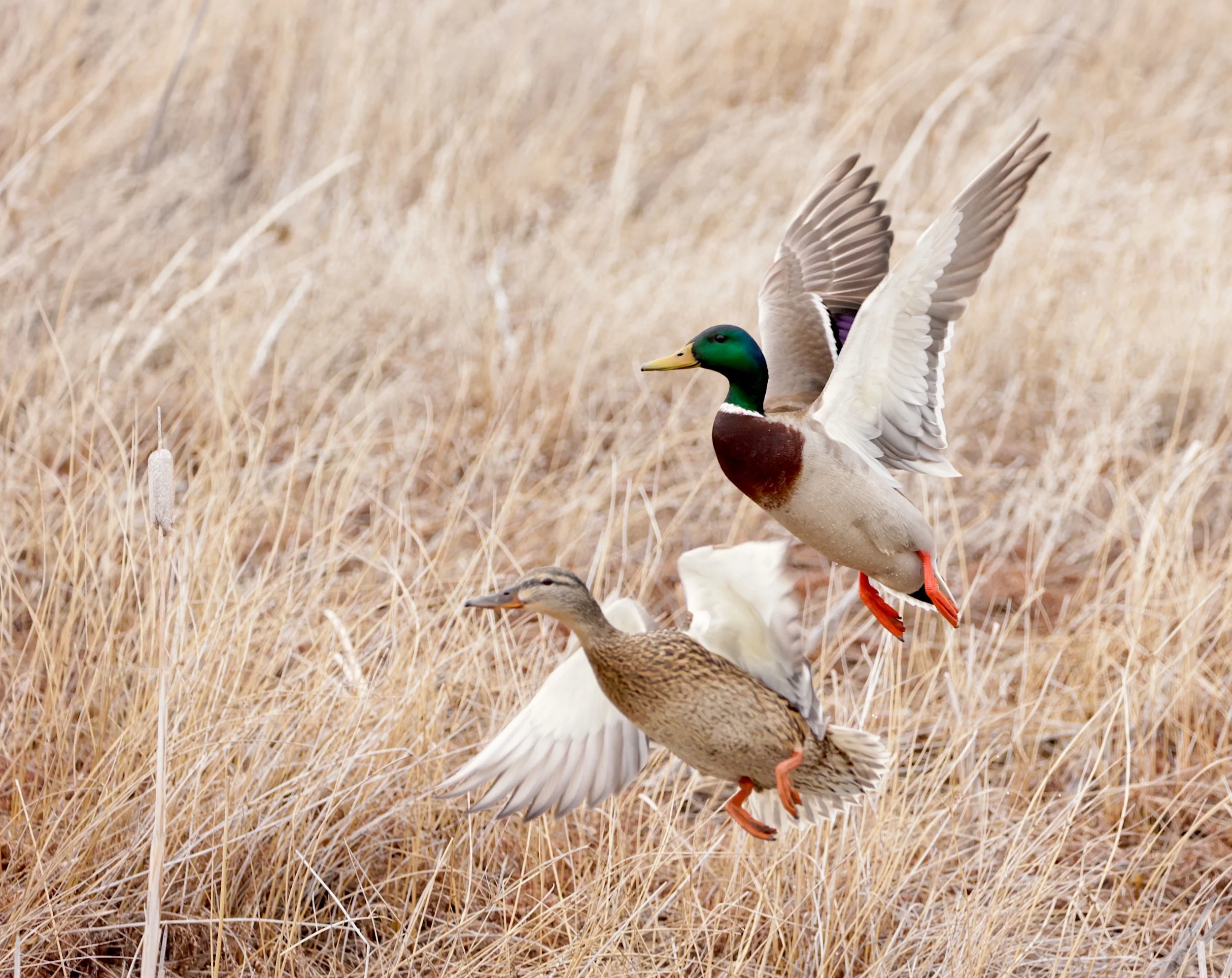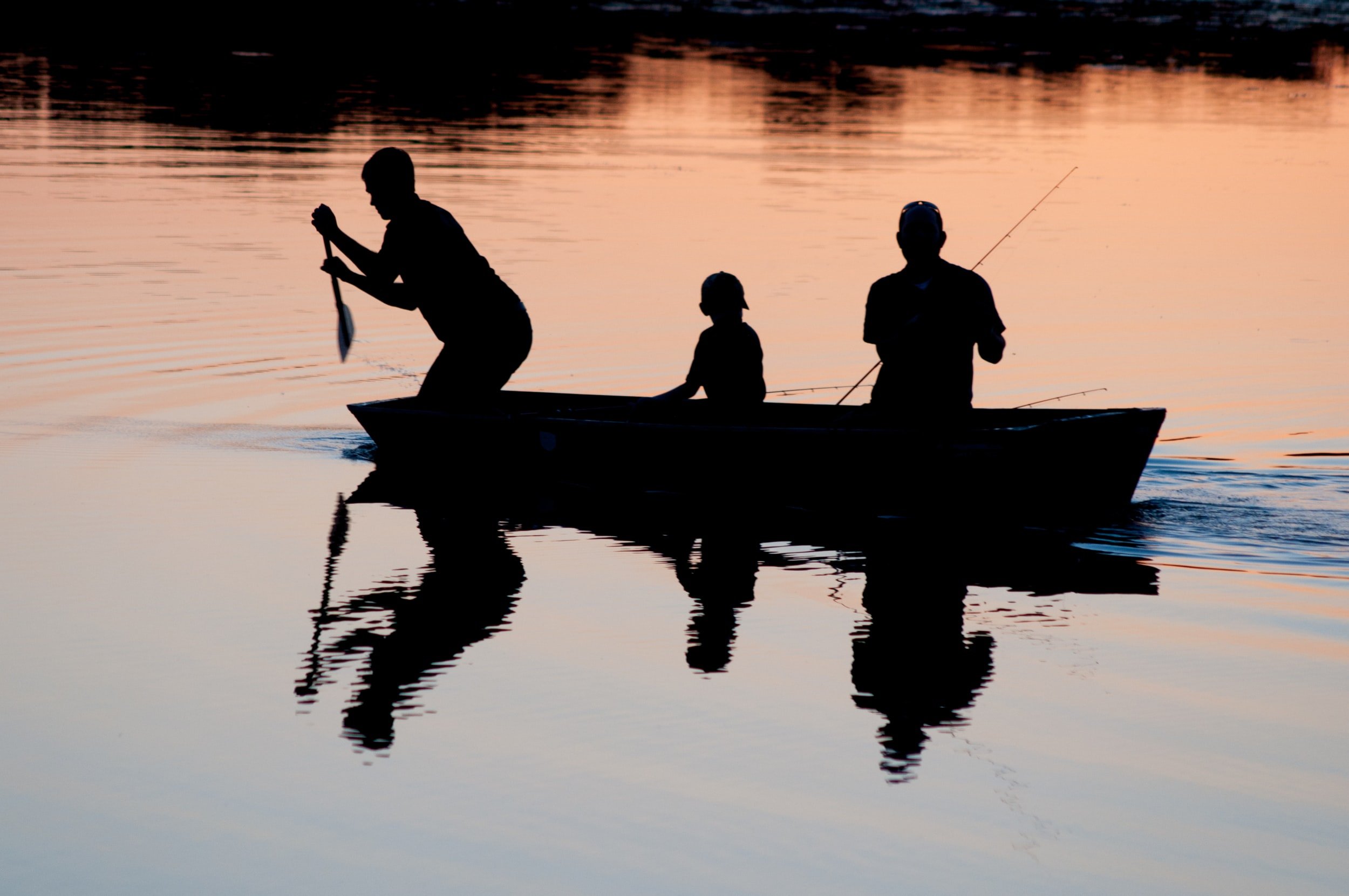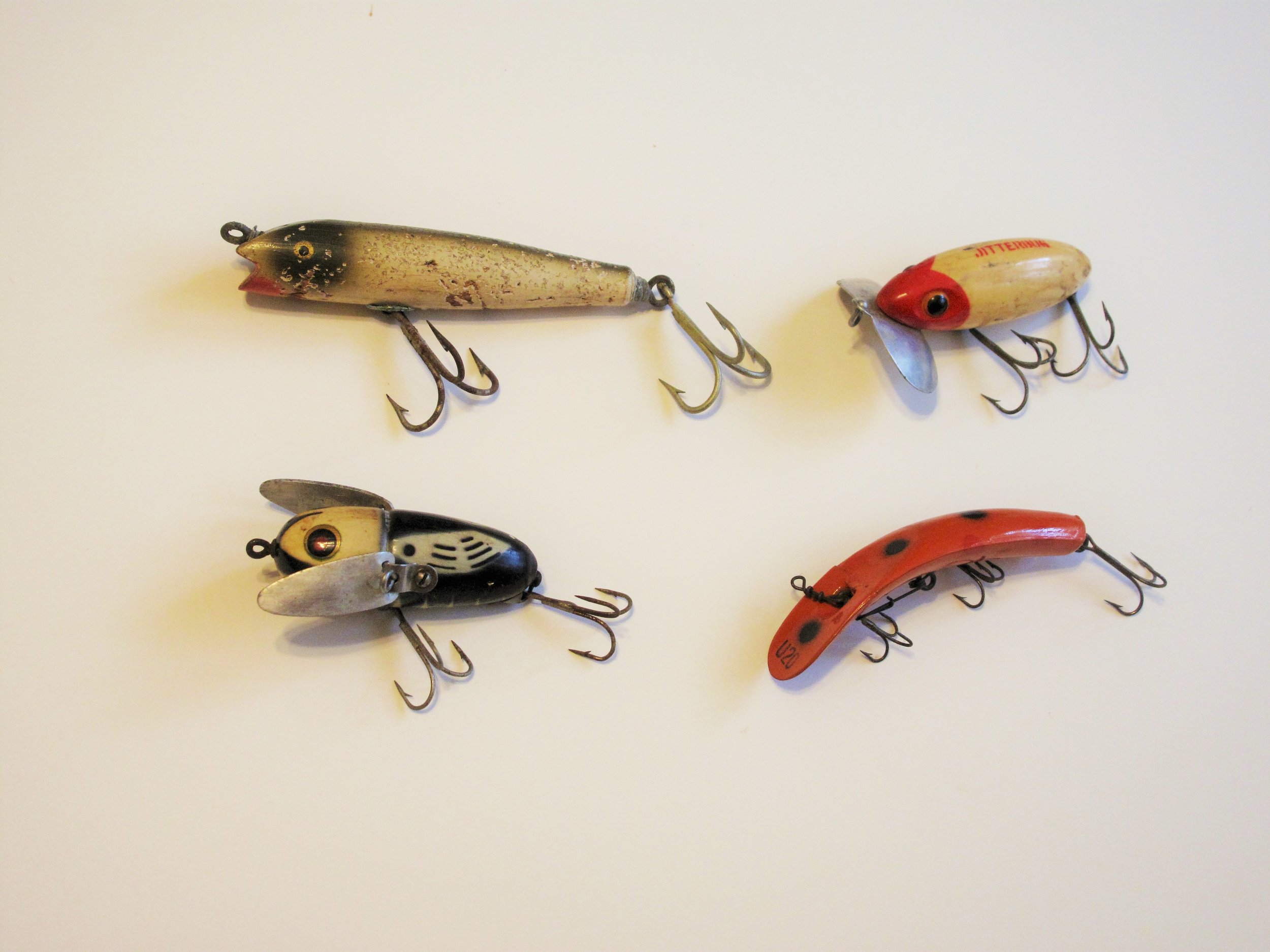Here Kitty Kitty Kitty
As a human, I love house cats. As a hunter and wildlife lover, I hate them.We had dozens of cats during my childhood. Every farm did. They were our mousers. Many became front porch pets. I managed to sneak them into the house just often enough for one to hatch kittens on my bed. That did nothing for Mom’s blood pressure, but under normal conditions, stroking a warm, purring cat relieves stress better than pills. Watching a kitten chase a string is more entertaining than 600 channels on satellite TV.Unfortunately, when domestic felines roam freely outdoors they become fierce and deadly predators. In North America alone they annually kill hundreds of millions of warblers, quail, ground squirrels and similar small species of native wildlife that are often struggling to hang on in a shrinking world in which humans have stacked the deck against them. (Check it out at: www.abcbirds.org.)It’s bad enough we drain wetlands, plow prairies, burn forests, convert pastures to golf courses and pave meadows into Mall parking lots. Such actions absolutely kill the birds and the bees. Fostering huge populations of non-native, deadly house cats and turning them loose on the survivors compounds the losses. It is estimated U.S. harbors 77 million domestic cats, tame and feral.Sweet as Miss Kitty may be, when she’s turned loose outdoors, she becomes a predatory monster. Imagine if you were a yellow warbler trying to eke out a living in the deteriorated habitat of a suburban backyard. Perhaps there are enough wild shrubs in an odd corner to shelter a nest and grow enough bugs to feed four growing nestlings. You fly overtime and hunt extra diligently to feed your precious brood. And then one morning you return with a beak full of bugs to see eight needle sharp claws and four gleaming fangs ripping the life out of your family.Not pretty, Miss Kitty.Housecats killing hundreds of millions of wild animals annually in North America is not natural because our wildlife did not evolve under the pressure of rampaging house cats. Cottontails, ground squirrels and small birds learned to avoid, escape or out-breed snakes, hawks, foxes, bobcats, owls, raccoons, skunks and other native predators. Most of those species, like their prey, face the long odds of survival in the wild. But housecats have an unfair advantage. We feed then, give them expensive health care and a huge advantage over the species they kill. And every critter they bring to the back porch represents one less available to our native predators, which have to work even harder to survive.In pristine America circa 1492 – and even in intact wilderness ecosystems of today -- native wildlife would probably be able to absorb the additional pressure of feral housecat predation. You don’t find housecats in the Bob Marshall Wilderness of Montana, for instance, because they can’t survive there without the daily feeding of Friskies and the protection of a house or barn. But in backyard America, our farms and parks and suburbs where most of our wildlife has been squeezed, we raise millions of pampered cats and brutishly, selfishly, uncaringly turn them loose on the poor native critters we leave out in the cold.I suspect most folks have never thought of Miss Kitty’s true impact on our wildlife. Upon discovering it they will probably keep the house cat just where it belongs – in the house. Or tethered outdoors, not turned out nightly to roam and destroy. What really frosts me are the cat-loving “societies” that agitate to not only feed and house feral housecats in cities across America, but go so far as to capture them and, instead of caging or euthanizing them, provide extensive health care, then neuter the animal and return it to it’s homeless life on the streets!That's cruel and unusual punishment.Our wild birds, squirrels and rabbits don’t need this kind of unfair predatory pressure arrayed against them. The next time you hear about cat lovers working in your community to raise funds to “save” feral housecats, speak out against their ill-guided efforts. Demand that these deadly predators be corralled and removed from the wild, not nurtured and returned.And if you have housecats of your own, pet them, love them and keep them from destroying our wildlife. For more information visit the Cornell laboratory of Ornithology website at www.birds.cornell.edu. Here's an excerpt from that site: If you own a cat, we strongly recommend that you keep it indoors to reduce the needless loss of birdlife. The American Bird Conservancy has created the Cats Indoors campaign to increase awareness of the problem. For more information, contact: American Bird Conservancy, 1250 24th Street, NW, Suite 400, Washington, DC 20037, Phone: (202) 778-9666, or go to their website.# # #

















